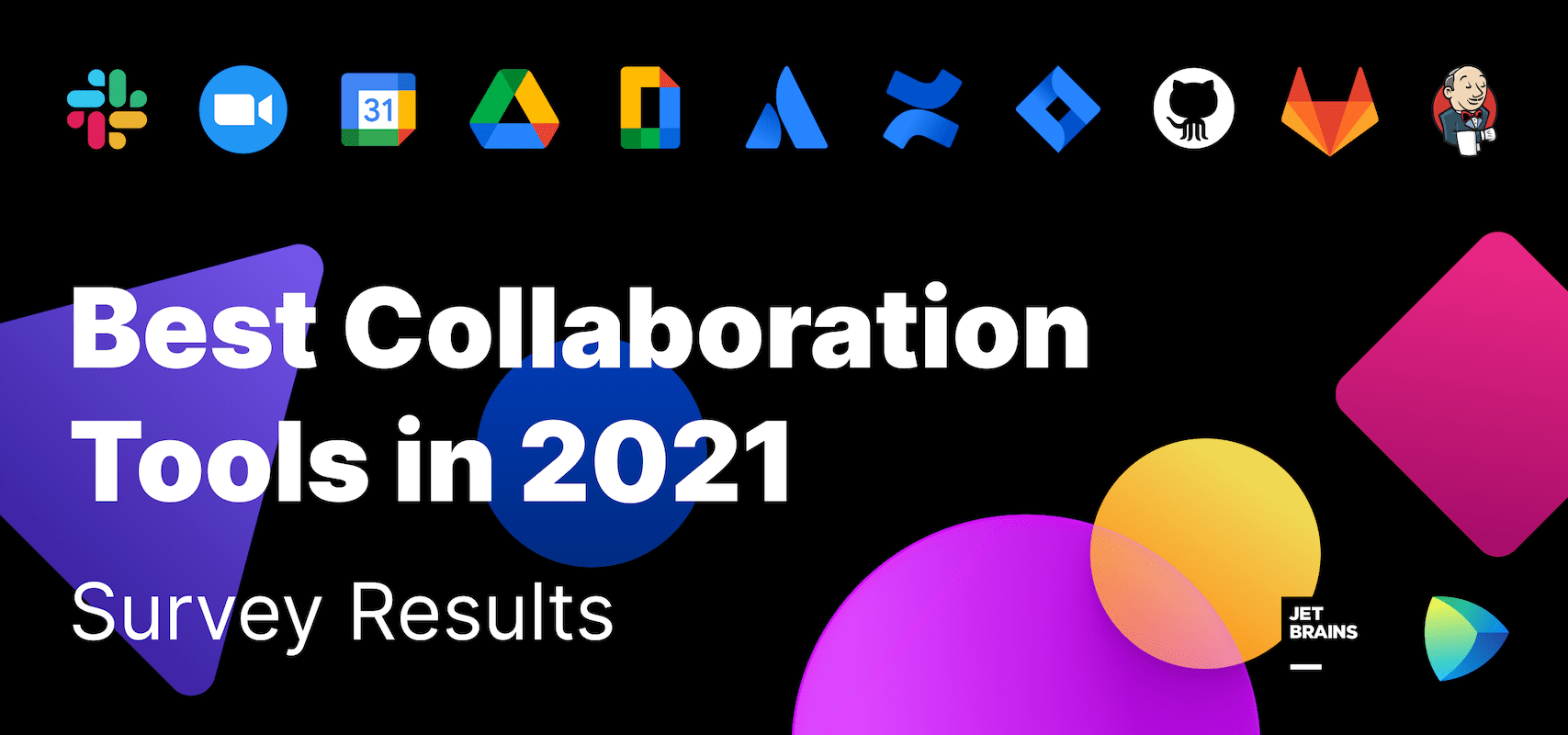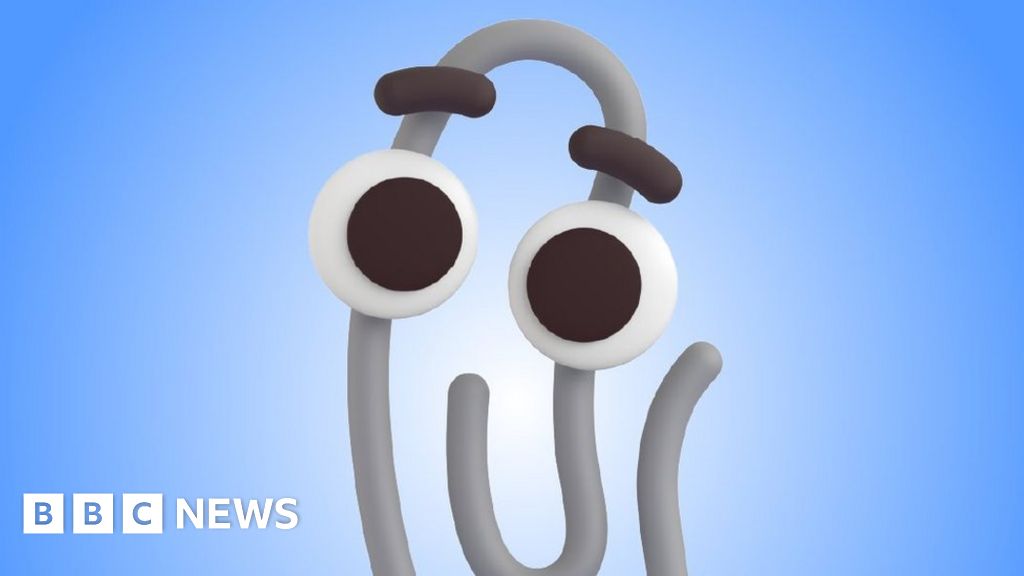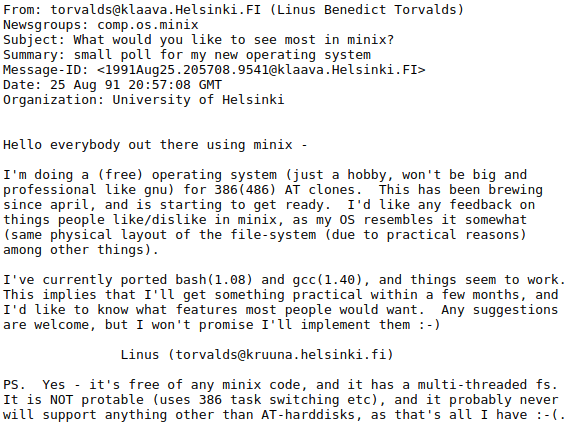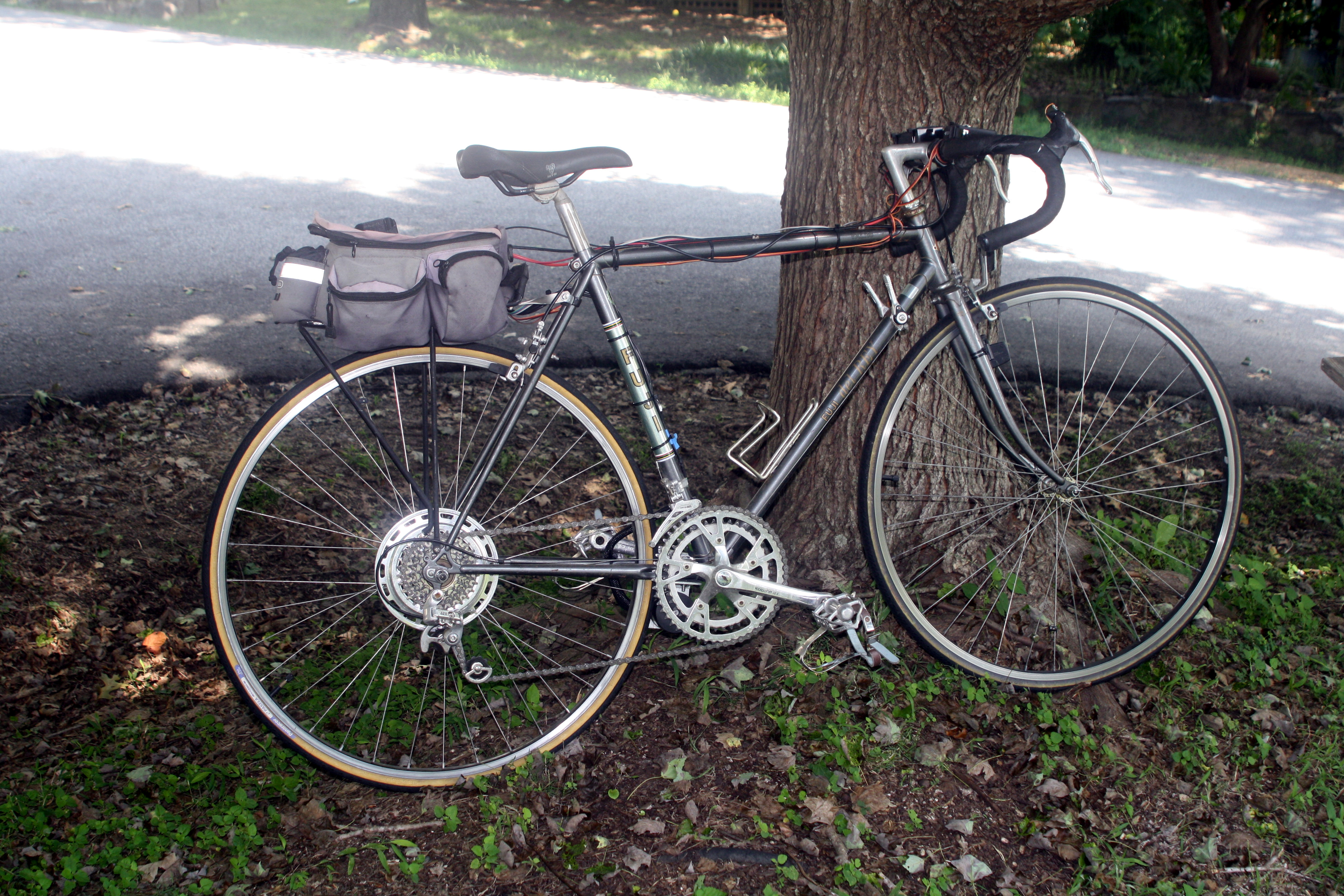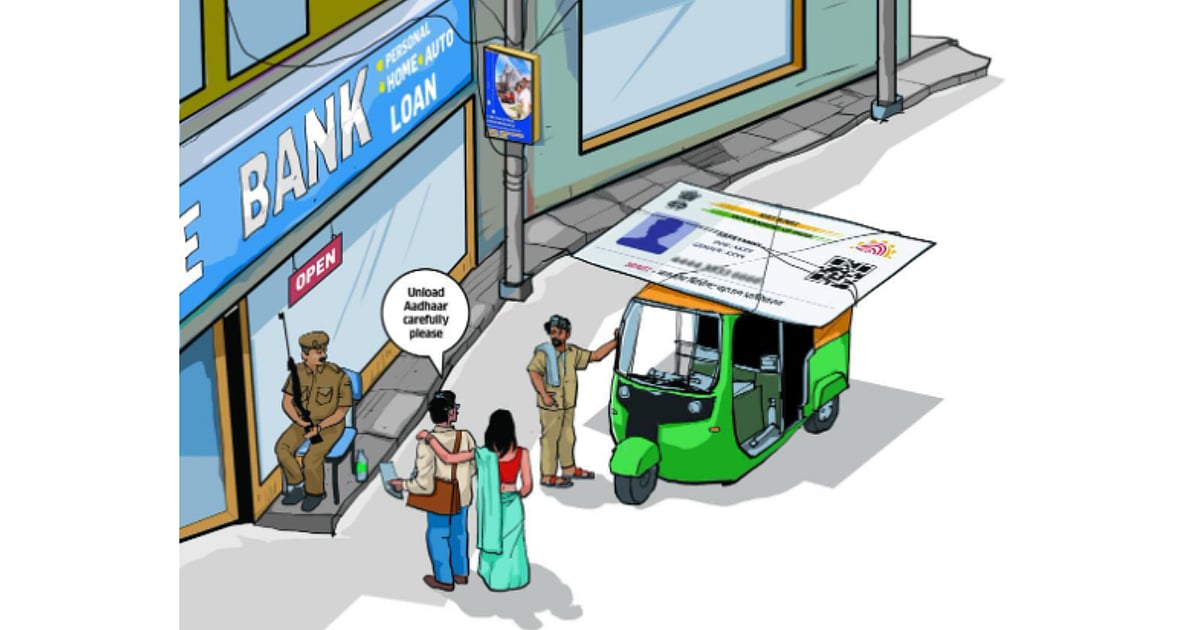139 – Free-rider problems: milk in the office fridge
Free-rider problems can be serious impediments to good management of environmental or natural resource assets. The example of milk in the office fridge illustrates many of the issues.
Economists recognise free-rider problems as one of the most important fundamental causes of environmental degradation or resource over-exploitation. Free-rider problems are closely tied to one type of public good: non-excludable goods, and to the issue of weak property rights.
Suppose there is an unregulated fishery where one of the fishers is worried that the level of fishing effort is excessive. This fisher thinks about cutting back on fishing effort in order to allow fish numbers to grow, so that fish catches will be higher in future. The problem is that this fisher cannot stop other fishers from stepping in and increasing their own effort in the area where the first fisher was previously working. The incentive for any individual fisher is to free ride on the benefits from conservative fishing behaviour by others. The result is that no individual has any incentive to fish conservatively, and so most commercial fisheries in most countries are badly over-exploited.
Closer to home (for many of us), consider the issue of milk being provided for tea and coffee in the workplace. If there is no coordination of milk provision, then any individual who buys a carton of milk for themselves and leaves it in the office fridge faces the risk that others in the workplace will free-ride, using up milk without contributing fairly themselves. What’s to stop others from putting your milk in their coffee, or even drinking a whole glass of milk when they feel like it? You can’t stand guard over the fridge, and it isn’t worth buying a fridge of your own to keep in your office just for your milk. The risk is that nobody will provide any milk, so that everybody will be worse off.


